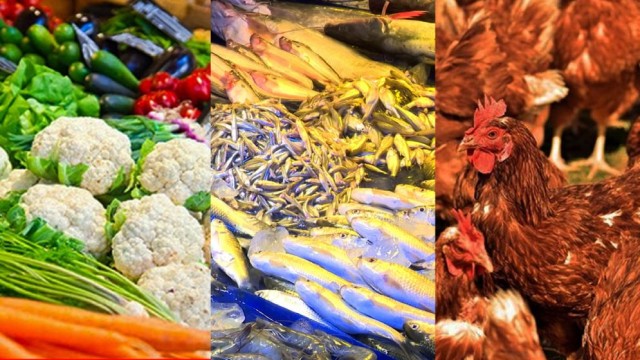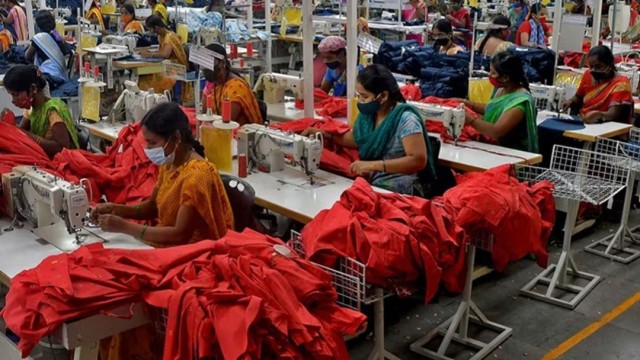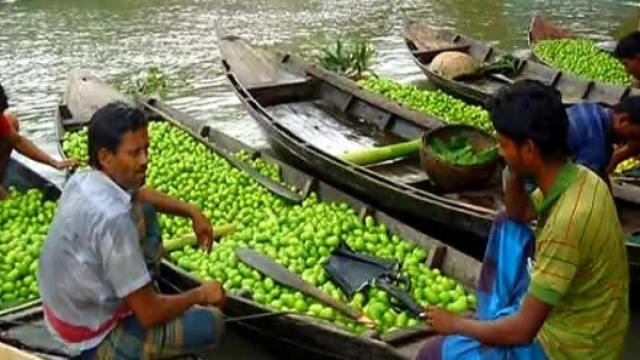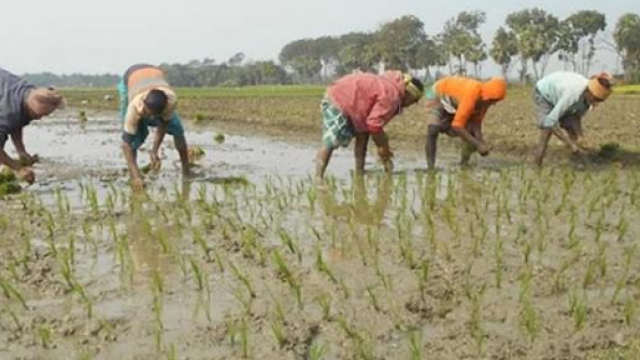Dhaka, Oct 24 (V7N) — The ongoing ban on fishing in rivers and the sea has significantly reduced the supply of fish in the capital’s markets, causing prices to soar and adding strain to buyers with limited incomes.
A visit to various kitchen markets in Dhaka on Friday (October 24) revealed that while winter vegetables have started arriving, their prices remain high. Traders say vegetable prices may begin to drop within the next 20 to 25 days as supply increases. Meanwhile, meat prices remain unchanged at previous highs.
Sellers said that although prices have eased slightly, most vegetables are still beyond the reach of low-income consumers. The price of green chillies has fallen by 50 taka per kg to 200 taka, while brinjal, cucumber, beans, and tomatoes are selling between 100 and 120 taka per kg. Apart from papaya, no vegetable is available below 60 to 70 taka per kg.
Due to the ban on hilsa fishing until next Sunday, fishermen are unable to cast nets in rivers and the sea, leading to a sharp decline in the supply of river and marine fish. In contrast, the demand for farmed and bill fish has surged — and sellers are taking advantage of the situation by raising prices.
Currently, ruhi and katla are being sold at 450–500 taka per kg, boal at 800–1,000 taka, coral at 850–900 taka, and ai at 700–800 taka per kg. Farmed tilapia costs 180–220 taka, pangash 200 taka, tangra 550–600 taka, pabda 350–400 taka, and horn fish 400–600 taka per kg. Good quality shrimp is priced between 1,000 and 1,200 taka per kg.
The egg market has seen a slight price decrease compared to last week, but there has been no major change in the prices of oil, sugar, or salt.
In the meat market, prices remain steady: beef is being sold at 760–800 taka, mutton at 1,200 taka, and goat meat at 1,100 taka per kg. Broiler chicken prices are unchanged at 175–180 taka per kg, while layer chicken prices have increased by 10 taka, now selling at 320–330 taka per kg.
END/SMA/AJ































Comment: